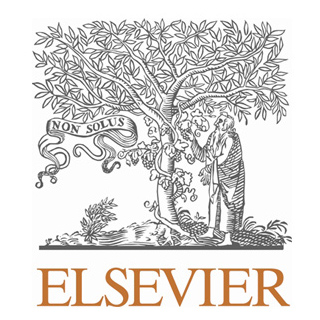
However, conducting brain scanning incurs high cost and is time-intensive. Apparently, using the particular method on a regular basis also experiences technical challenges. According to the researchers at the University of Pitssburgh and the University of Pennsylvania, a new potential alternative has surfaced of late.
“We have shown that a quick, inexpensive, and easy to administer physiological measure, pupil dilation in response to emotional words, not only reflects activity in brain regions involved in depression and treatment response but can predict which patients are likely to respond to cognitive therapy,” shared Dr. Greg Siegle, corresponding author on the study.
For those not so aware, cognitive therapy is a type of psychotherapy designed to assist individuals in overcoming their difficulties by bringing adequate changes in their negative or irrational thoughts and behavior. The treatment method has been reportedly bringing improvement in individuals’ mood and considerable reduction in stress levels.
“According to proverb, the eye is the mirror of the soul or, in this case, the brain. The essential finding of this study is that that activity in the brain’s cortical emotion regulatory systems is strongly related to pupil size when people are viewing emotion-laden words,” stated Dr. John Krystal, Editor of Biological Psychiatry. “It is because of this relationship between eye and brain that pupil measurements predict the response to cognitive therapy.
The therapy generally completes in weekly sessions, with 10-20 sessions being effective for most individuals who benefit. Shedding some light on the succession rate, the cognitive therapy – one of the most effective treatments for depression – is successful for only about half the patients who receive it. The ability to anticipate the results of those individuals who’d be most likely to benefit from such treatment would trim down individuals’ recovery time, eliminate the delivery of ineffective treatments, and reduce the high costs of care.
This was a relatively small study, bringing the necessity of the work’s replication. With this, investigators are looking forward to the positive aspects of this technology which could be employed on a constant basis to enhance treatment response rates in mental health clinics.
